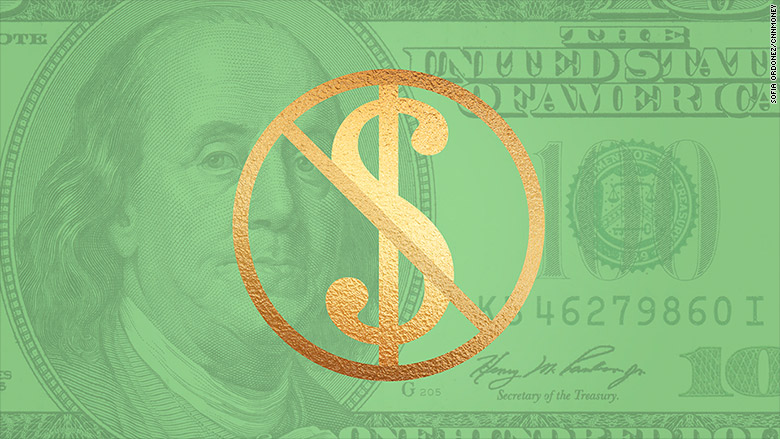
It's no secret that spending more than you earn is bad for your budget. But there are some not-so-obvious habits that can lead your finances astray.
"The easiest way to becoming a millionaire for most people besides discipline is automation, priorities and goal setting," said Cary Carbonaro, a certified financial planner and managing director at United Capital.
Here are financial habits that money experts said can hurt your long-term savings:
Saving only what's left over
If your savings plan is socking away whatever money is left over at the end of the month, it's time to prioritize your budget.
"When you get your paycheck, have a certain amount that goes into a savings or investing account ... you never see it," said Ted Peters, CEO of Bluestone Financial Institutions Fund.
When creating a budget, Peters recommends starting with your savings target. "Set your savings percent for around 7-10% ... and then work out the rest and determine your priorities"
Related: 6 things you can do right now that'll make you rich
Setting and forgetting
Your savings rate should increase throughout your career.
When you get a pay raise, your savings rate should also get bumped up, advised Neil Krishnaswamy, a certified financial planner at Exencial Wealth Advisors in Texas.
Not reviewing your retirement accounts can also be costly. Carbonaro suggested evaluating your plan at least once a year to make sure you're well balanced.
Spending too much on housing
Mortgage and rental payments are often the biggest budget eaters, but they should be less than 28% of your gross income, advised Carbonaro, and that includes principal, interest, taxes and insurance.
Related: 7 money moves you should make before you turn 25
Not taking full advantage of tax benefits at work
Don't give more to Uncle Sam than you have to.
"Reduce your top-line income in a meaningful way," said Krishnaswamy. Some companies offer tax-advantaged benefits, like 401(k)s, health savings accounts and commuter funds that use pre-tax dollars.
Being too conservative when investing
Wall Street's gyrations aren't for the faint of heart, but it's important to have the right risk exposure for your age.
"If you are 40 or younger, you should be 100% in equities," said Peters.
Impulse shopping
When it comes to making major purchases, patience is a virtue.
"If you want to make a big purchase, wait a day, sleep on it and see if you really need it the next day," said Carbonaro, "99% of the time you don't."
Paying too many bank fees
Bank account fees aren't going to make or break your budget -- unless they keep happening. Make sure you understand the terms of your accounts to avoid getting hit with hard.
Carbonaro said she had one client who was bouncing a check twice a month because the line of credit wasn't tied to the checking account. "Overdraft fees can be expensive. If you do two a month, that could be $840 a year."
